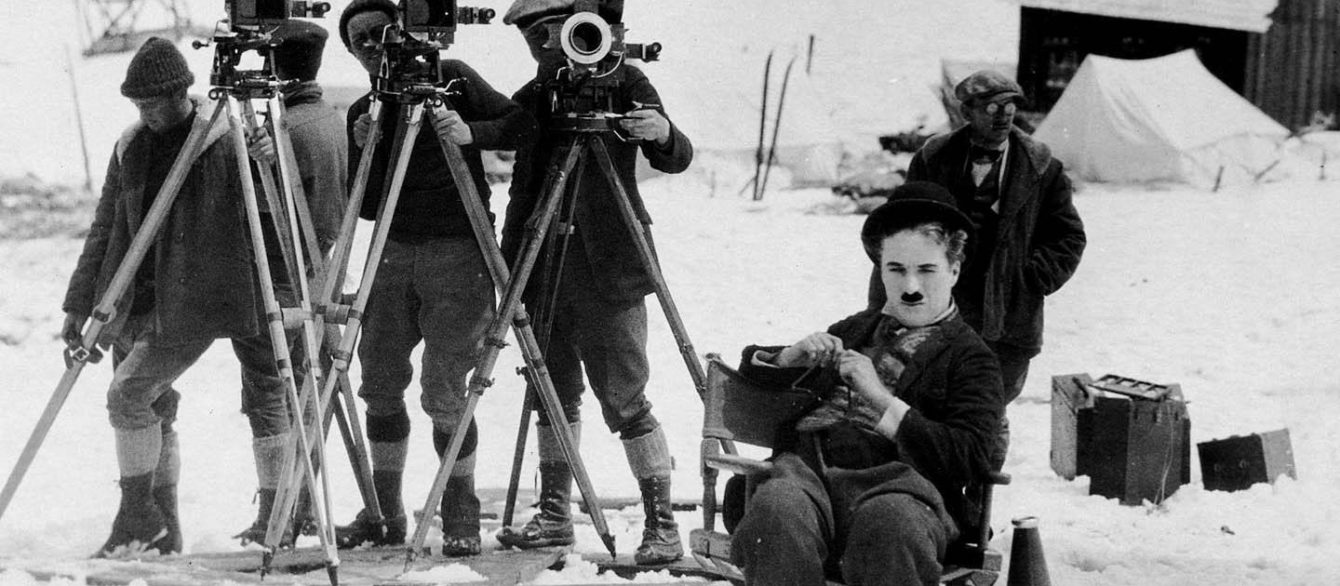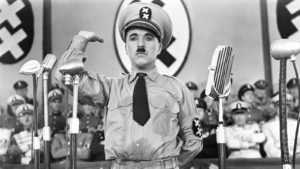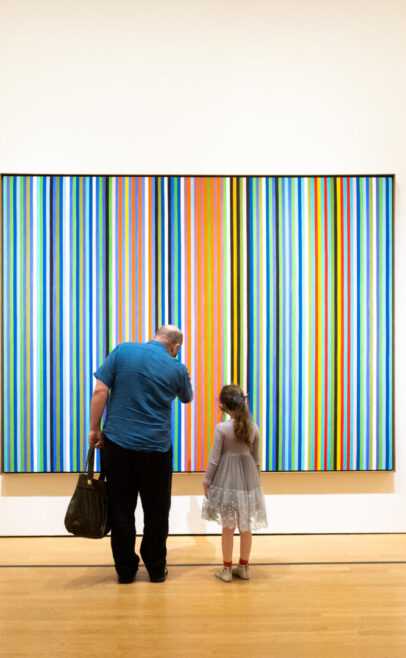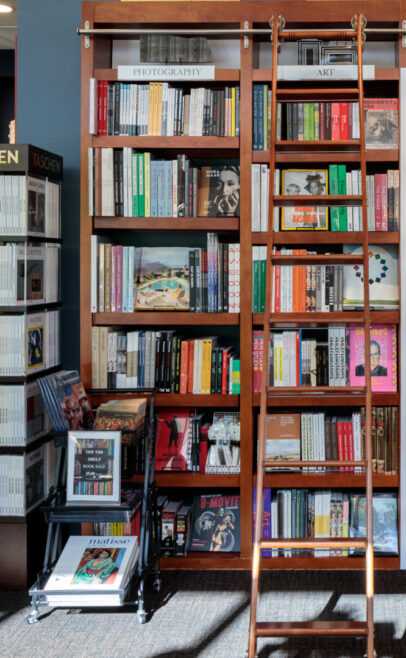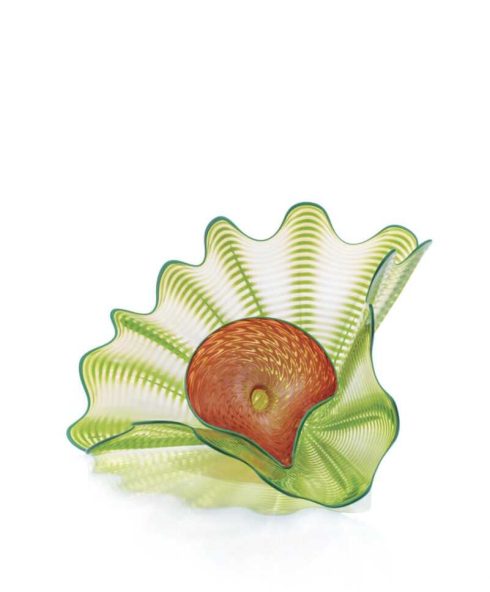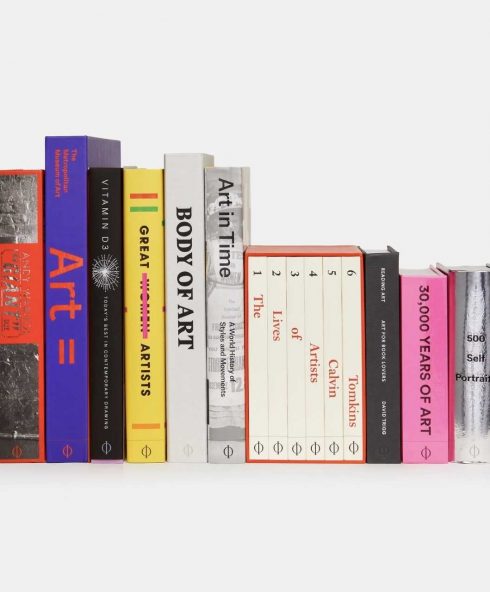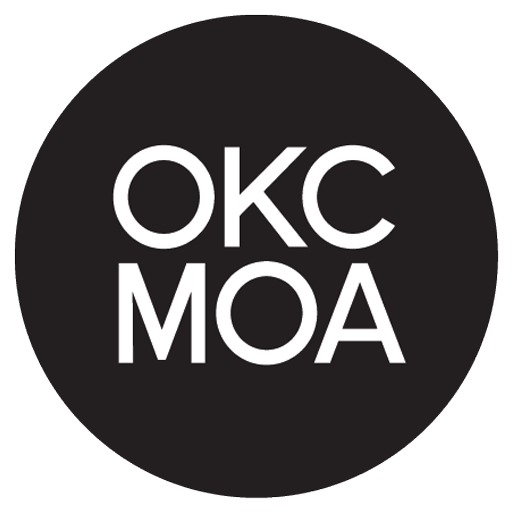Join the OKCMOA Film Society for our second annual Film Society Selects event on Thursday, July 26!
For the 2018 Film Society Selects program, the Oklahoma City Museum of Art will present one of Charlie Chaplin’s supreme masterpieces exclusively to Film Society members. And like last year’s inaugural program, the choice is all yours!
Thank you to all the OKCMOA Film Society members who voted in our second annual Film Society Selects poll!
Join us for a members-only reception on the mezzanine followed by a screening and discussion of the winning film in the Samuel Roberts Noble Theater. Registered attendees will receive a full-size movie poster at check-in.
Event Details:
7 pm | Film Society reception & free poster giveaway
7:30 pm | Film screening with discussion to follow
Admission is free and limited to OKCMOA Film Society Members.
To learn more about the OKCMOA Film Society, visit: http://www.okcmoa.com/filmsociety/
2018 Film Society Selects Candidates
The Gold Rush (1925, 72 mins., 35 mm)
Charlie Chaplin’s comedic masterwork—which charts a prospector’s search for fortune in the Klondike and his discovery of romance (with the beautiful Georgia Hale)—forever cemented the iconic status of Chaplin and his Little Tramp character. Shot partly on location in the Sierra Nevadas and featuring such timeless gags as the dance of the dinner rolls and the meal of boiled shoe leather, The Gold Rush is an indelible work of heartwarming hilarity.
City Lights (1931, 86 mins., DCP)
City Lights, the most cherished film by Charlie Chaplin, is also his ultimate Little Tramp chronicle. The writer-director-star achieved new levels of grace, in both physical comedy and dramatic poignancy, with this silent tale of a lovable vagrant falling for a young blind woman who sells flowers on the street (a magical Virginia Cherrill) and mistakes him for a millionaire. Though this Depression-era smash was made after the advent of sound, Chaplin remained steadfast in his love for the expressive beauty of the pre-talkie form. The result was the epitome of his art and the crowning achievement of silent comedy.
Modern Times (1936, 87 mins., DCP)
Modern Times, Charlie Chaplin’s last outing as the Little Tramp, puts the iconic character to work as a giddily inept factory employee who becomes smitten with a gorgeous gamine (Paulette Goddard). With its barrage of unforgettable gags and sly commentary on class struggle during the Great Depression, Modern Times—though made almost a decade into the talkie era and containing moments of sound (even song!)—is a timeless showcase of Chaplin’s untouchable genius as a director of silent comedy.
The Great Dictator (1940, 125 mins., DCP)
In his controversial masterpiece The Great Dictator, Charlie Chaplin offers both a cutting caricature of Adolf Hitler and a sly tweaking of his own comic persona. Chaplin, in his first pure talkie, brings his sublime physicality to two roles: the cruel yet clownish “Tomainian” dictator and the kindly Jewish barber who is mistaken for him. Featuring Jack Oakie and Paulette Goddard in stellar supporting turns, The Great Dictator, boldly going after the fascist leader before the U.S.’s official entry into World War II, is an audacious amalgam of politics and slapstick that culminates in Chaplin’s famously impassioned speech.
Limelight (1952, 137 mins., 35mm)
Charlie Chaplin’s masterful drama about the twilight of a former vaudeville star is among the writer-director’s most touching films. Chaplin plays Calvero, a once beloved musical-comedy performer, now a washed-up alcoholic who lives in a small London flat. A glimmer of hope arrives when he meets a beautiful but melancholy ballerina (Claire Bloom) who lives downstairs. An elegant mix of the comic and the tragic, this poignant movie also features Buster Keaton in an extended cameo, marking the only time the two silent comedy icons appeared in a film together. Made at a time when Chaplin was under attack by the American press and far right, Limelight was scarcely distributed in the United States upon its initial release, but it is now considered one of his essential and most personal works.
